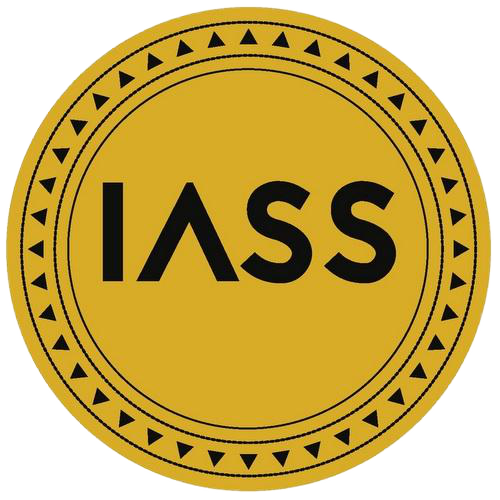Chronos

Pictured: The Battle of the Gods and the Titans, by Joachim Wtewael, 1600.
Chronos is considered the youngest of the Titans in Greek mythology; son of Uranus (Heaven) and Gaea (Earth). According to Hesiod's Theogony, he mutilated his father who, fearing to lose his lordship of the world, kept his children in prison. After marrying his sister Rhea, he had six children: Hestia, Demeter, Hera, Hades, Poseidon and Zeus. Fearing (as his father Uranus did before him) that his children would deprive him of power, he devoured them as soon as they were born, until Rhea managed to save the sixth, Zeus, by exchanging him for a stone wrapped in swaddling clothes. Zeus, when he grew up, forced his father to reject the five swallowed children; these, led by Zeus and supported by the Cyclopes and the Hecatonchires (the "Hundred-Handed"), clashed against their father - aided by the other Titans, the Giants and Typhon - in a fierce fight (the famous Titanomachy), which ended with the defeat and the sinking of the Titans into Tartarus. The myth, told by Hesiod, finds parallels in oriental, Phoenician and Hittite legends and is therefore believed to have reached the Greeks from Asia Minor.
In another series of myths, Cronus is not presented as the most fearsome of the Titans, but rather as the king under whom humanity lived its happiest moment, the golden age. He would have also played a civilizing role in Italy – where the Romans identified him with Saturn – teaching how to exploit the fertility of the earth, to use the sickle and to prune the vine.
The Island of Dreams: The Myth Comes to Life

